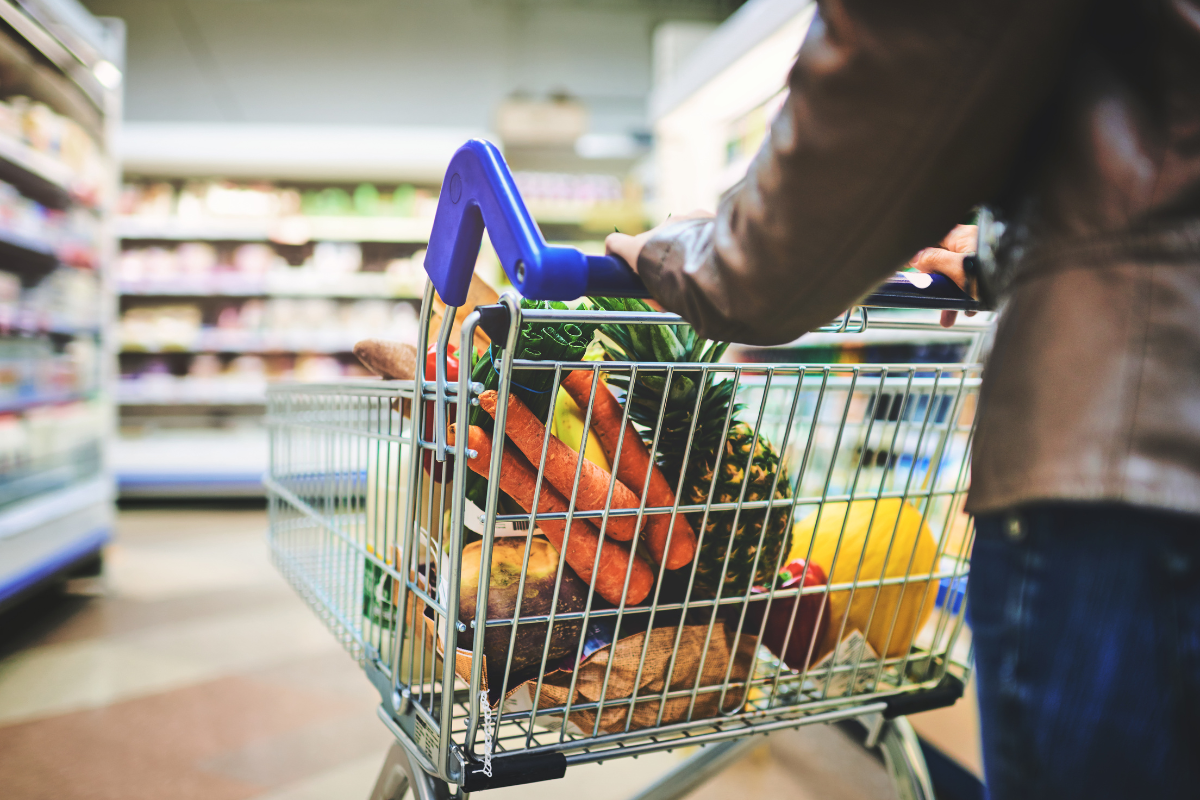Inflation: How to Protect Yourself From Its Effects?

CSL Mag
[Sponsored Content from ING Luxembourg]
After a relaxed decade, people thought there was no more inflation, but when it suddenly returned without any warning in early 2022, it caught almost everyone off guard. Inflation has made a dramatic comeback and it doesn’t look like it’s going away any time soon. What does inflation mean? What are the causes of the current inflation? What are the consequences for your purchasing power, your savings and your investments? Inflation occurs when there is a widespread and sustained increase in the prices of goods and services over a period of time. Money loses its value and you buy less for the same money. Let’s take a simple example. Imagine a basket of goods and services that you paid 100 euros for in July 2021. In July 2022, the annual inflation rate in Luxembourg was 9.3%, according to Eurostat, the European Union’s statistical office. The same basket would have cost you €109.3 a year later!
The current inflation is a global phenomenon that affects Europe and the US in particular. In July 2022, it was +9.8% in the EU, +9.1% in the US and +10.1% in the UK.
Why has everything gone up so quickly?
This generalized price increase is due to several factors. The economic recovery after two years of lockdowns is a first explanation. In 2020 and 2021, as a result of Covid-19, households sharply reduced their spending and accumulated a high level of savings. Once the pandemic was under control and containment ended, these savings became available to make up for lost time and demand exploded. Unfortunately, the supply side could not keep up with the pace. Most of the extractive industries have struggled to get back on their feet. Recruitment in many economic sectors has also been very difficult because many pre-pandemic employees have preferred to move to other jobs that are considered less strenuous. This distortion between strong demand and weak supply has pushed up overall prices for goods and services.
This phenomenon could have been temporary had it not been for two additional events: Russia’s invasion of Ukraine and a new lockdown in China. As Russia and Ukraine are major producers of raw materials – oil and gas in the case of Russia and agricultural commodities in the case of Ukraine – prices of these products have soared, causing a significant increase in costs – and therefore in the prices – of all the products we consume (food, heating, transport, etc.). Just a few days later, in March 2022, China made the situation worse by deciding to order another lockdown due to the increase in Covid-19 cases. This sealing off of the world’s second largest economy has had repercussions on industrial production and global logistics by creating additional bottlenecks.
How to protect yourself from inflation?
Inflation, especially when it peaks as it is currently doing, is never good news for your portfolio. Even though the Luxembourg government and the social partners have decided on a package of measures to mitigate the effects of the price increase, there is still a great risk that your purchasing power will be affected in the coming months, especially if inflation continues beyond 2022. This will also put a strain on your savings. Since the return on your savings is lower than the rate of inflation, the capital gradually shrinks, so that you lose money on balance. The amount remains the same, but not its actual value.
So what needs to be done to counteract the negative effects of inflation? If you have been putting all your eggs in the same basket, mainly savings products, it might be time to diversify your portfolio and perhaps switch to investment products. While there is always a risk of losing capital, some investments are riskier than others. It all depends on your risk tolerance and your investor profile. It all depends on your risk tolerance and investor profile. If you have already invested for the long term, don’t rush into it, but keep an eye on your wealth goals. In times of crisis, it is never wise to change the direction of your investments. Not only is it too late for that, but you also risk missing out on any financial rebounds once the crisis is over.
Managing financial assets at such a delicate time is no easy task. The best thing to do is to talk to your bank and to determine what to do with regards to your personal situation.


